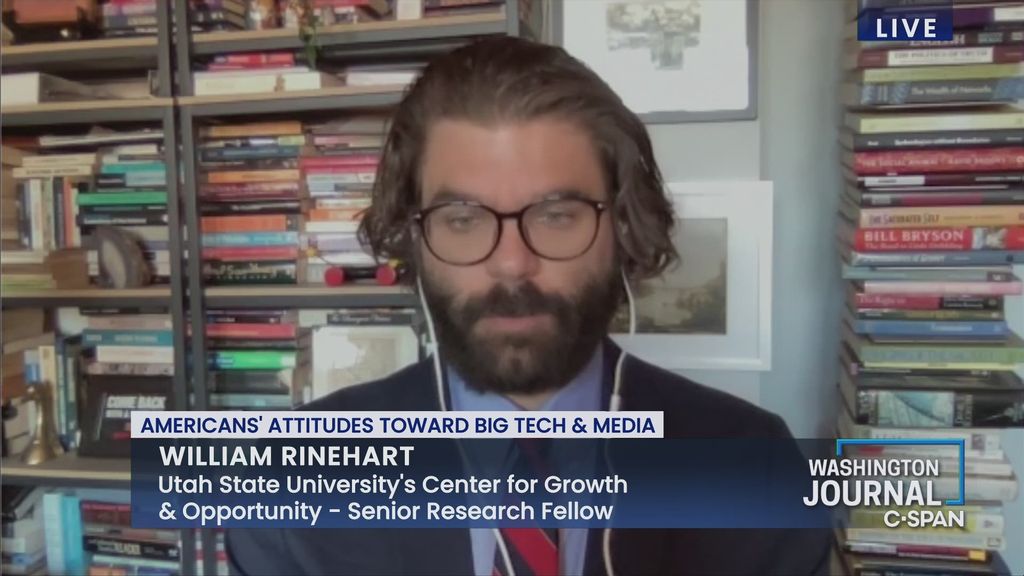As portion of a symposium, I was requested to produce a shorter paper about how the Web has improved given that the mid-1990s when Part 230 was adopted. I selected to tackle the 1990s stereotype that most early World-wide-web buyers were very well-that means and making an attempt to make communities, a presumption that would seem mockably quaint in the 2020s. I clarify why that presumption prevailed in the Internet’s early days, what is altered because then, and the operational and regulatory implications of that loss of innocence. Test out my forthcoming draft, entitled “Assuming Fantastic Religion On the internet.”
* * *
The summary:
Each and every internet assistance enabling consumer-produced content material faces a dilemma of balancing superior-religion and negative-faith exercise. Devoid of that balance, the service loses 1 of the internet’s signature features—users’ skill to have interaction with and discover from each individual other in professional-social and self-actualizing ways—and as an alternative drives towards a single of two suboptimal results. Either it devolves into a cesspool of negative-faith activity or becomes a restrictive locked-down surroundings with confined expressive possibilities for any user, even well-intentioned kinds.
Placing this balance is a person of the most difficult worries that internet expert services will have to navigate, and still the U.S. regulatory policy currently lets services prioritize the finest passions of their audiences rather than regulators’ paranoia of undesirable religion actors. Nevertheless, that regulatory deference is in consistent jeopardy. Ought to it modify, it will damage the internet—and all of us.






More Stories
House of Representatives Judiciary Committee to Consider American Music Fairness Act Proposing Sound Recording Performance Royalty on Over-the-Air Broadcasting
Non-Occupational Long Term Disability
Hitting The Mark On The Wrong Target